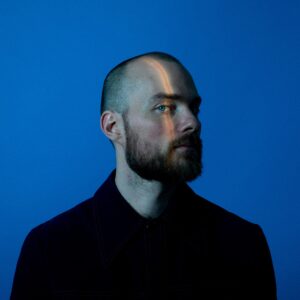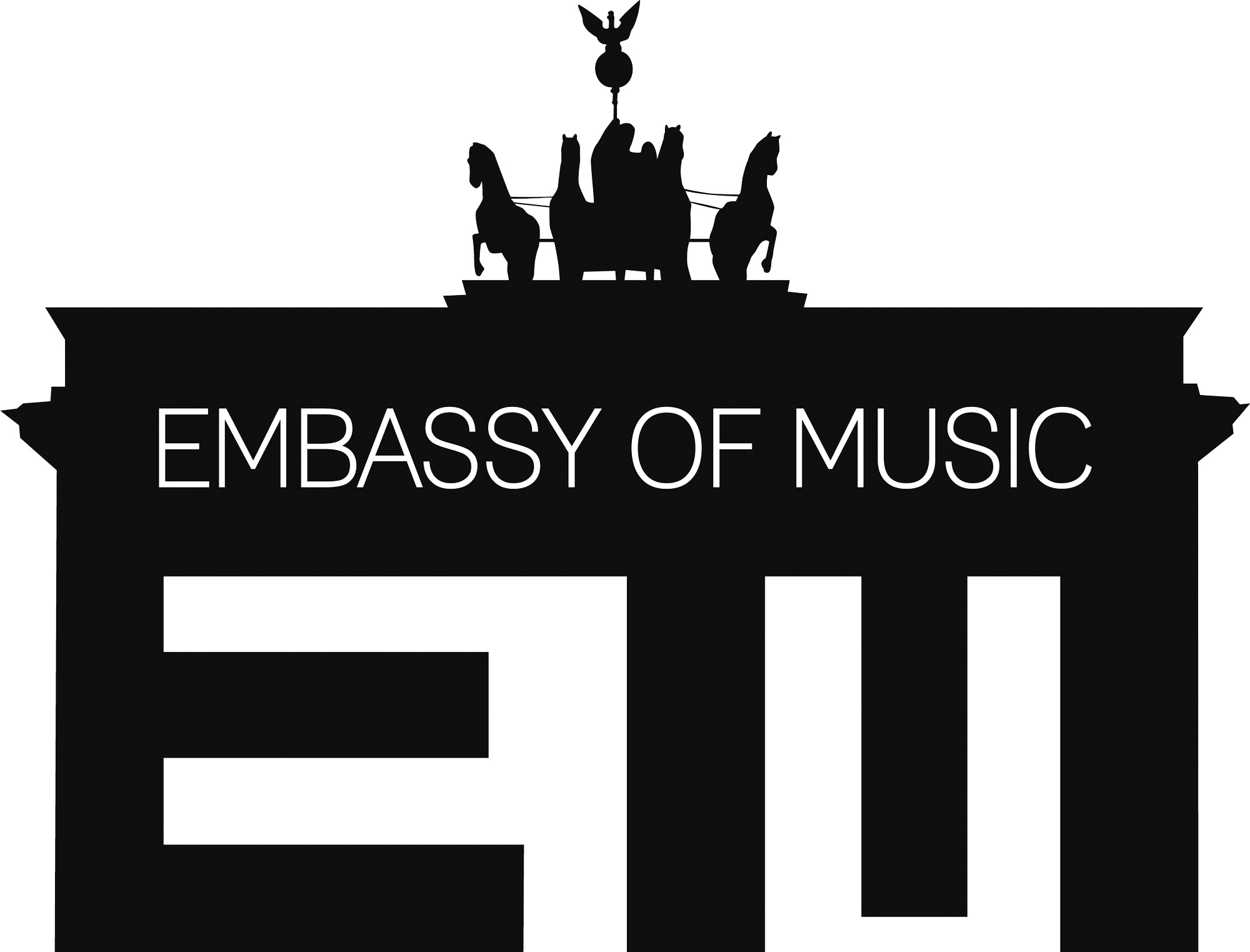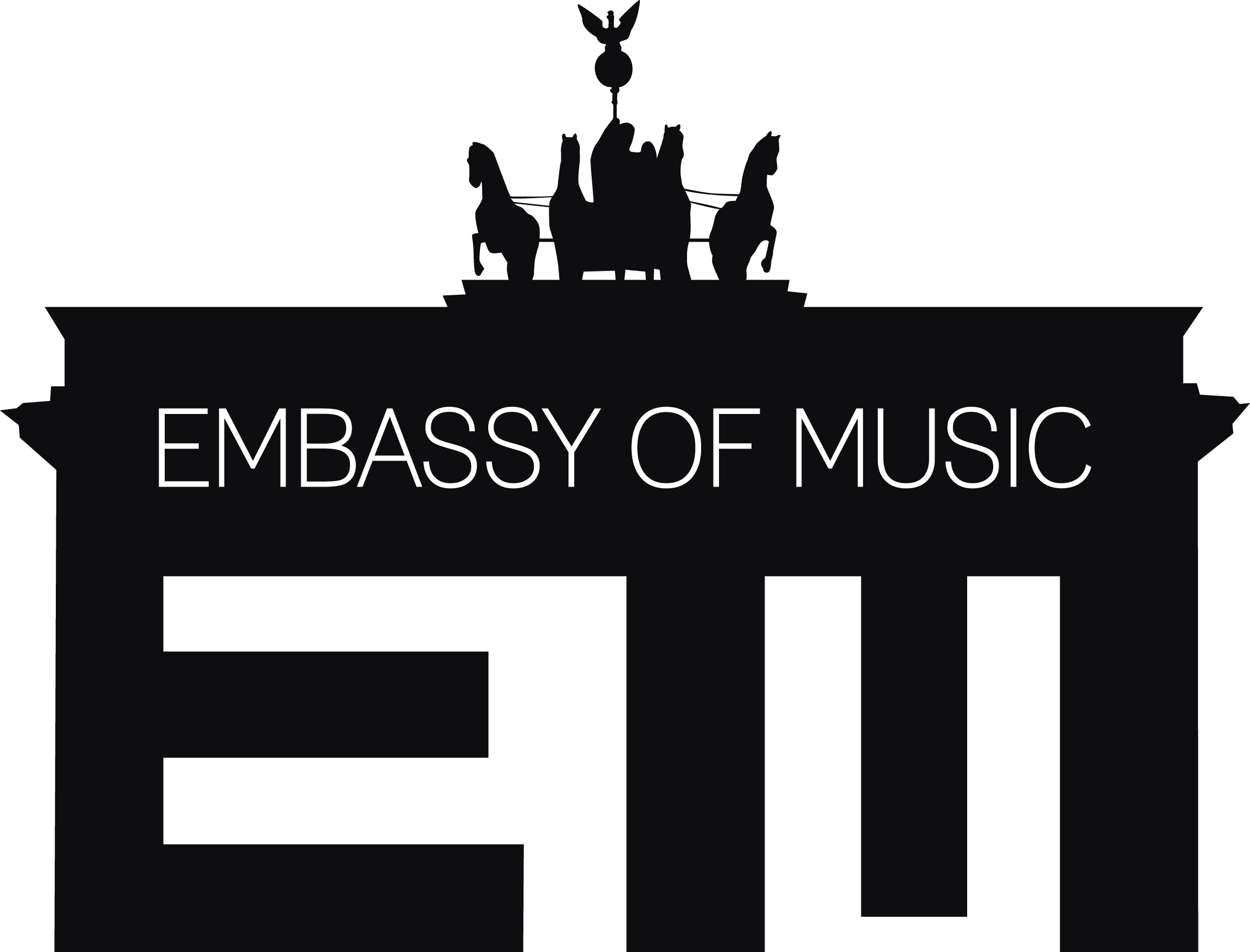About This Project
 Born Ásgeir Trausti Einarsson in the diminutive hamlet of Laugarbakki, Icelandic singer/songwriter Ásgeir specializes in intimate, soulful songs that span indie electronic and atmospheric folk. An overnight success in his native Iceland, where the then 21-year-old released his 2012 debut album, Dýrð í Dauðaþögn, and quickly broke every regional record in the book (it’s estimated that almost ten percent of the Icelandic population owns the album), Ásgeir’s unique songs are made all the more idiosyncratic by the fact that his 72-year-old father, poet Einar Georg Einarsson, provides the majority of the lyrics. In 2013, with the help of Iceland-based American singer/songwriter John Grant, who helped to translate the lyrics, Asgeir released an English version of Dýrð í Dauðaþögn (In the Silence) on the One Little Indian label. It charted in several other countries, including the U.K. and Australia. While that album featured a mix of acoustic guitar and wistful electronic tracks, the follow-up, 2017’s Afterglow, took on bolder, more experimental electronic textures.
Born Ásgeir Trausti Einarsson in the diminutive hamlet of Laugarbakki, Icelandic singer/songwriter Ásgeir specializes in intimate, soulful songs that span indie electronic and atmospheric folk. An overnight success in his native Iceland, where the then 21-year-old released his 2012 debut album, Dýrð í Dauðaþögn, and quickly broke every regional record in the book (it’s estimated that almost ten percent of the Icelandic population owns the album), Ásgeir’s unique songs are made all the more idiosyncratic by the fact that his 72-year-old father, poet Einar Georg Einarsson, provides the majority of the lyrics. In 2013, with the help of Iceland-based American singer/songwriter John Grant, who helped to translate the lyrics, Asgeir released an English version of Dýrð í Dauðaþögn (In the Silence) on the One Little Indian label. It charted in several other countries, including the U.K. and Australia. While that album featured a mix of acoustic guitar and wistful electronic tracks, the follow-up, 2017’s Afterglow, took on bolder, more experimental electronic textures.
Follow Ásgeir: YouTube – Spotify – Facebook – Instagram – Twitter



